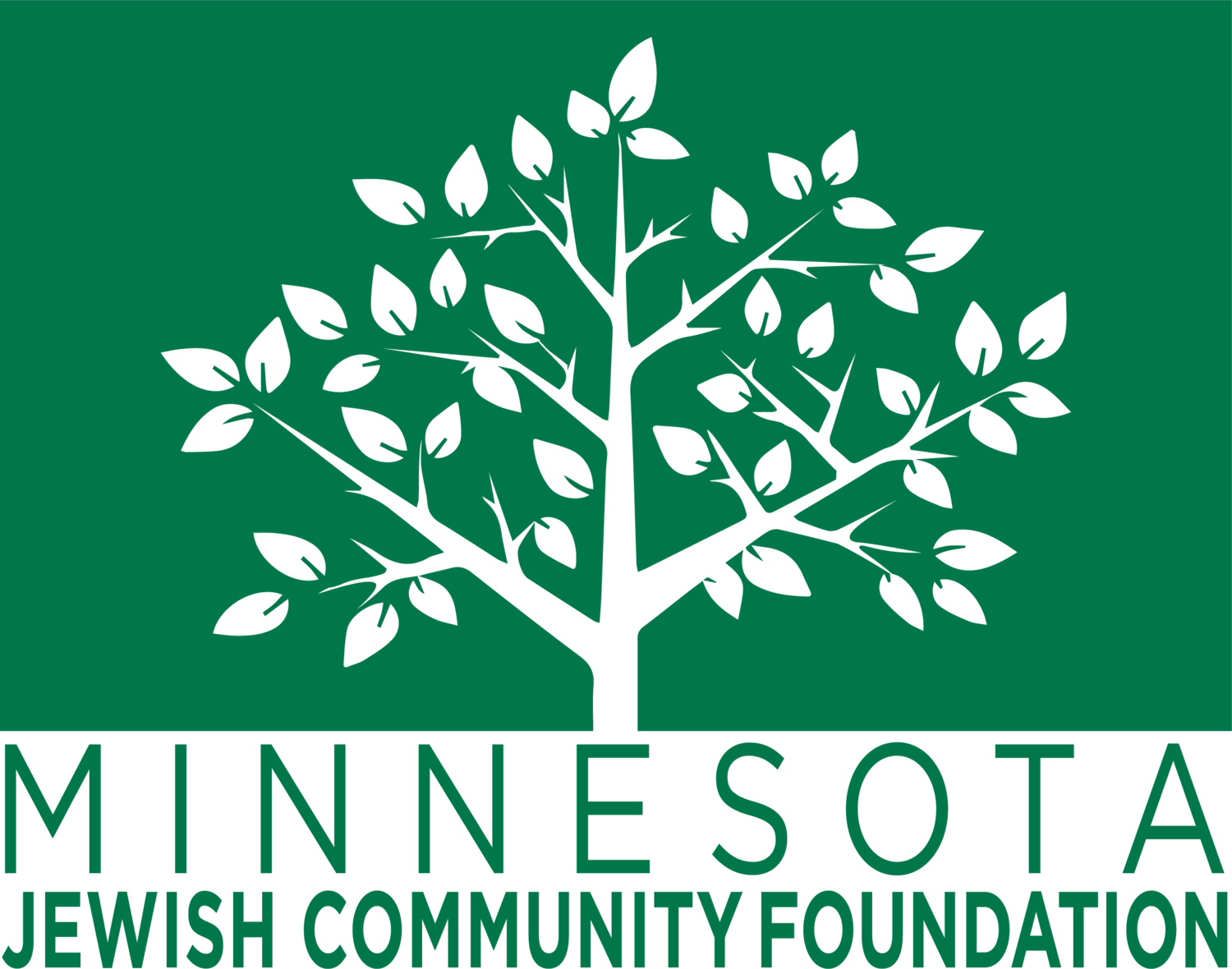Giving While Living to Leave a Legacy
Many people prioritize charitable giving when creating their estate plans—not only to support the causes they care about, but also because it can offer meaningful tax advantages for both them and their heirs. Estate planning isn’t just about what happens at the end of life; it’s also about making thoughtful decisions during your lifetime that can impact how your assets are managed and taxed.
Consider the concept of giving while living; strategically donating taxable assets during your lifetime to lower your taxes, your estate taxes, or your heirs’ taxes when they inherit your assets. How can this be done?
Let’s take an Individual Retirement Account (IRA) as an example. For traditional IRAs (and most workplace plans like 401(k)s or 403(b)s), withdrawals are considered ordinary taxable income. This means each withdrawal adds to your total taxable income for the year and is taxed at your marginal rate, along with any applicable state or local taxes.
If you have a traditional IRA or similar retirement plan, you must begin taking required minimum distributions (RMDs) by April 1 of the year after you turn 73. After that, annual RMDs are due by December 31. Starting in 2033, the required age increases to 75. One exception: if you’re still working and don’t own more than 5% of the business sponsoring your plan, you may be able to delay RMDs until retirement. However, traditional IRA, SEP, and SIMPLE IRA owners must begin RMDs at age 73, even if retired.
Waiting until April 1 for your first RMD means taking two in that year—potentially increasing your taxable income and affecting your tax bracket, Social Security taxation, or Medicare premiums. Missing or underpaying your RMD can result in a steep IRS penalty—25% of the amount not withdrawn on time. If you have multiple IRAs or 403(b)s, you must calculate the RMD for each, but can withdraw the total from one account if preferred.
Could This Impact Your Estate and Heirs’ Taxes?
Let’s say hypothetically your entire IRA is inherited by your heirs. Inherited retirement plan assets generally must be distributed within 10 years by a non-spouse beneficiary. For large account balances, this can significantly increase their taxable income and potentially increase the taxes that beneficiaries pay on their inheritance. These distributions are generally taxed at the heirs’ individual tax rate and this additional income can push them into a higher tax bracket, potentially affecting any applicable Social Security benefits or Medicare premiums.
How Can Charitable Planning Help Address This?
If you’re 70½ or older, you can use your required minimum distribution (RMD) to make a qualified charitable distribution (QCD)—a direct, tax-free gift from your IRA to a nonprofit. These are direct transfers from your account to one or more charitable organizations, which are free of federal income tax, and would satisfy your RMD requirement for the year (up to $108,000 annually per individual in 2025), as long as the donation is made by December 31. Because the donation goes directly from your account to the nonprofit, you wouldn’t get a charitable deduction, but it means that your RMD may be satisfied without generating taxable income. Also, QCDs don’t require itemizing. Note: QCDs are only allowed from IRAs, not 401(k)s.
Your QCD can also do more to amplify your impact now. Not only can you donate your QCD to a nonprofit, but using that larger sum can partially or fully fund an endowment for a nonprofit and ensure your impact continues for generations to come (or for a term of years). For example, creating an endowment for the Minneapolis Jewish Federation can spin off an annual gift to the Community Campaign, or to a specific program, and continues your giving legacy now and beyond your lifetime. Plus, you get the joy of seeing that impact make a difference for our community today!
Please contact us at info@mnjcf.org or (952) 593-2600 to start a conversation about making an even bigger impact.
The Minnesota Jewish Community Foundation (MN JCF) and Minneapolis Jewish Federation cannot provide tax, legal, or financial advice. Please consult your professional advisor about your specific circumstances, and your IRA custodian or retirement plan administrator to calculate your RMD.

